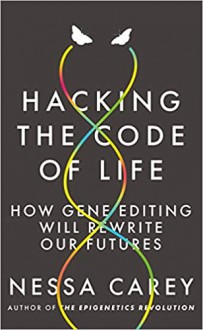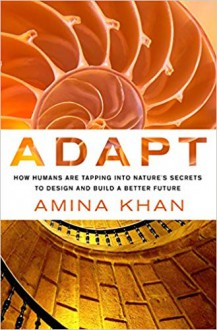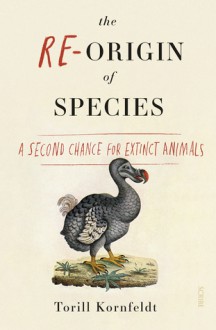
TITLE: Hacking the Code of Life: How Gene Editing Will Rewrite Our Futures
AUTHOR: Nessa Carey
DATE PUBLISHED: 2019
FORMAT: Paperback
ISBN-13: 9781785784972
______________________________
DESCRIPTION:
"Just 45 years ago, the age of gene modification was born. Researchers could create glow-in-the-dark mice, farmyard animals producing drugs in their milk, and vitamin-enhanced rice that could prevent half a million people going blind every year.
But now GM is rapidly being supplanted by a new system called CRISPR or ‘gene editing’. Using this approach, scientists can manipulate the genes of almost any organism with a degree of precision, ease and speed that we could only dream of ten years ago.
But is it ethical to change the genetic material of organisms in a way that might be passed on to future generations? If a person is suffering from a lethal genetic disease, is it even more unethical to deny them this option? Who controls the application of this technology, when it makes ‘biohacking’ – perhaps of one’s own genome – a real possibility?
Nessa Carey’s book is a thrilling and timely snapshot of a technology that will radically alter our futures."
_______________________________
REVIEW:
Nessa Carey has written an introductory, some-what opinionated, easy-to-understand, and rather short book about gene editing. She covers the basics of the technique, the history, the advantages and occasionally the disadvantages, in terms of medical uses, with several examples. The book is interesting and informative, but I really wished for more technical details.

 Log in with Facebook
Log in with Facebook 










